About Ann Pelletier
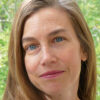 Ann Pelletier was raised in upstate New York; Madrid, Spain; and New Hampshire. She received her MFA in Creative Writing from San Francisco State University. Her poems have appeared in The Antioch Review, New American Writing, Volt and elsewhere. She currently divides her time between Lake Tahoe and Santa Cruz, California.
Ann Pelletier was raised in upstate New York; Madrid, Spain; and New Hampshire. She received her MFA in Creative Writing from San Francisco State University. Her poems have appeared in The Antioch Review, New American Writing, Volt and elsewhere. She currently divides her time between Lake Tahoe and Santa Cruz, California.
Praise for Letter That Never
In Letter That Never, the tender project of “being in charge of a life” joins the poetic project of “the fracturing of every thought into what pure word.” With each of these “imagined autobiographies”—unnamed, evocative, formally inventive—Ann Pelletier seeks, seeks to offer, a haunting solace at the edge of forgetting and being forgotten.
—Carol Snow, author of Position Paper: New and Selected Poems
Working from disparate materials—from the article “Children of the Dirty War” (about “los desparacidos” of Argentina) to A Sierra Club Naturalist’s Guide—Ann Pelletier has written a riveting series of poem-fragments on themes of departure and return, isolation and community. The result is a striking meditation on lostness—the political and historical, as well as the existential. This is an “open book,” a mosaic of possibilities haunted by actuality (“meat-eating bees”) and one’s own mind. The reader will also be reminded of our current political situation: “these were the dark days of trial / take away my voice / dress / undress / duress.” Wonderful work!
—Paul Hoover, author of Desolation: Souvenir and editor of Postmodern American Poetry: A Norton Anthology
Pelletier’s Letter That Never draws us into the “rustling” of imagined confidences. Here, the first person pronoun is shattered, cast before us as an “I, scattered with stones.” Pelletier’s imaginings are brilliantly attuned to sound (of bird call, fraying leaves, random winds, ravenings); the autobiographies of those “setting a pattern for suffering,” for solitude, silence, those imprisoned or lost, reach into music. Pelletier beckons into speech not only silenced humanity, but also those elemental spirits with which we share our earthly/unearthly world. Animals and birds, “moonlight smudged by the lumpy land,” “the hills and the stars and the waters” reveal their presences and yet remain undiscoverable, inviolable. Every page of this gorgeous book is creased and folded with mystery, with unanswerable song.
—Barbara Tomash, author of Arboreal


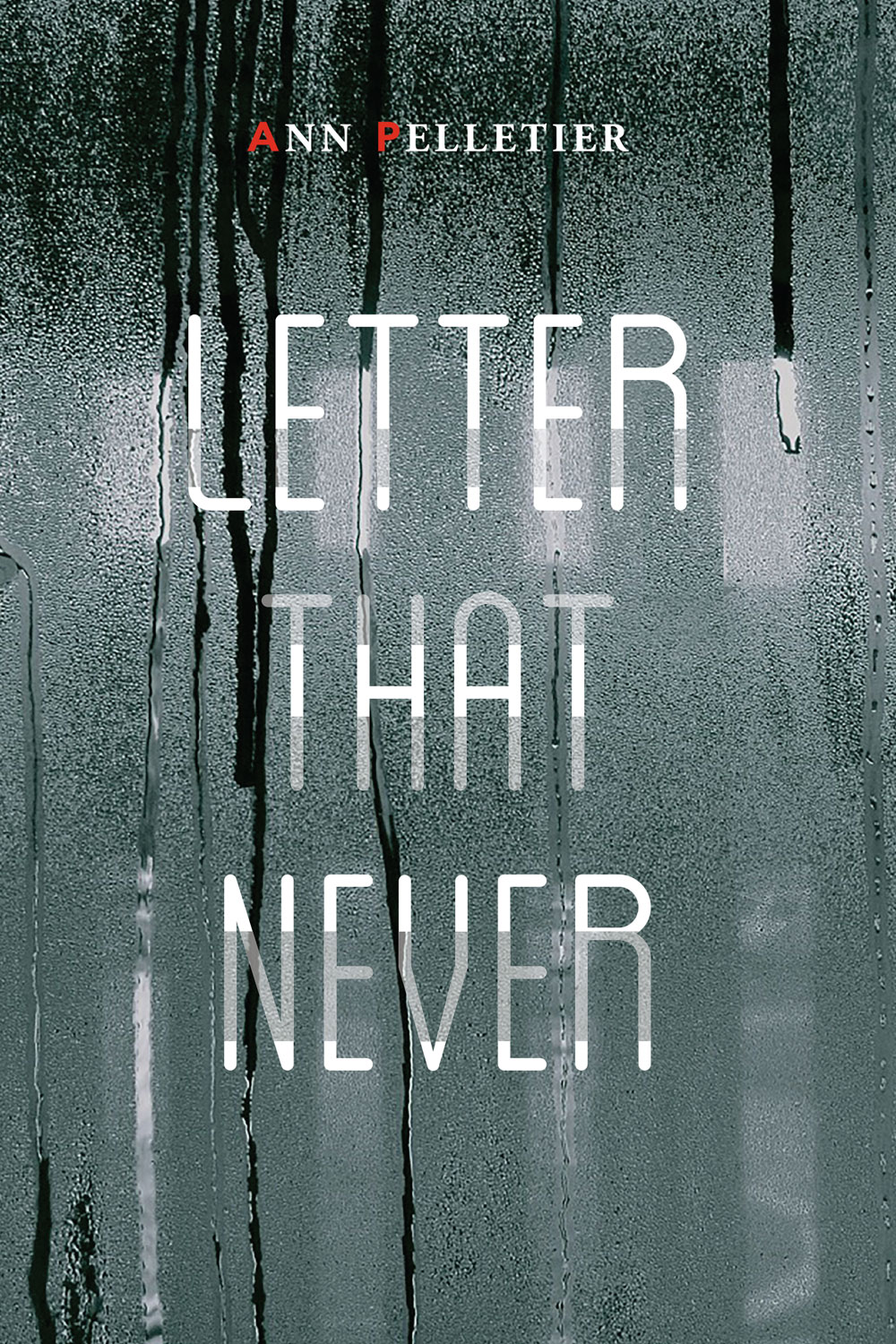
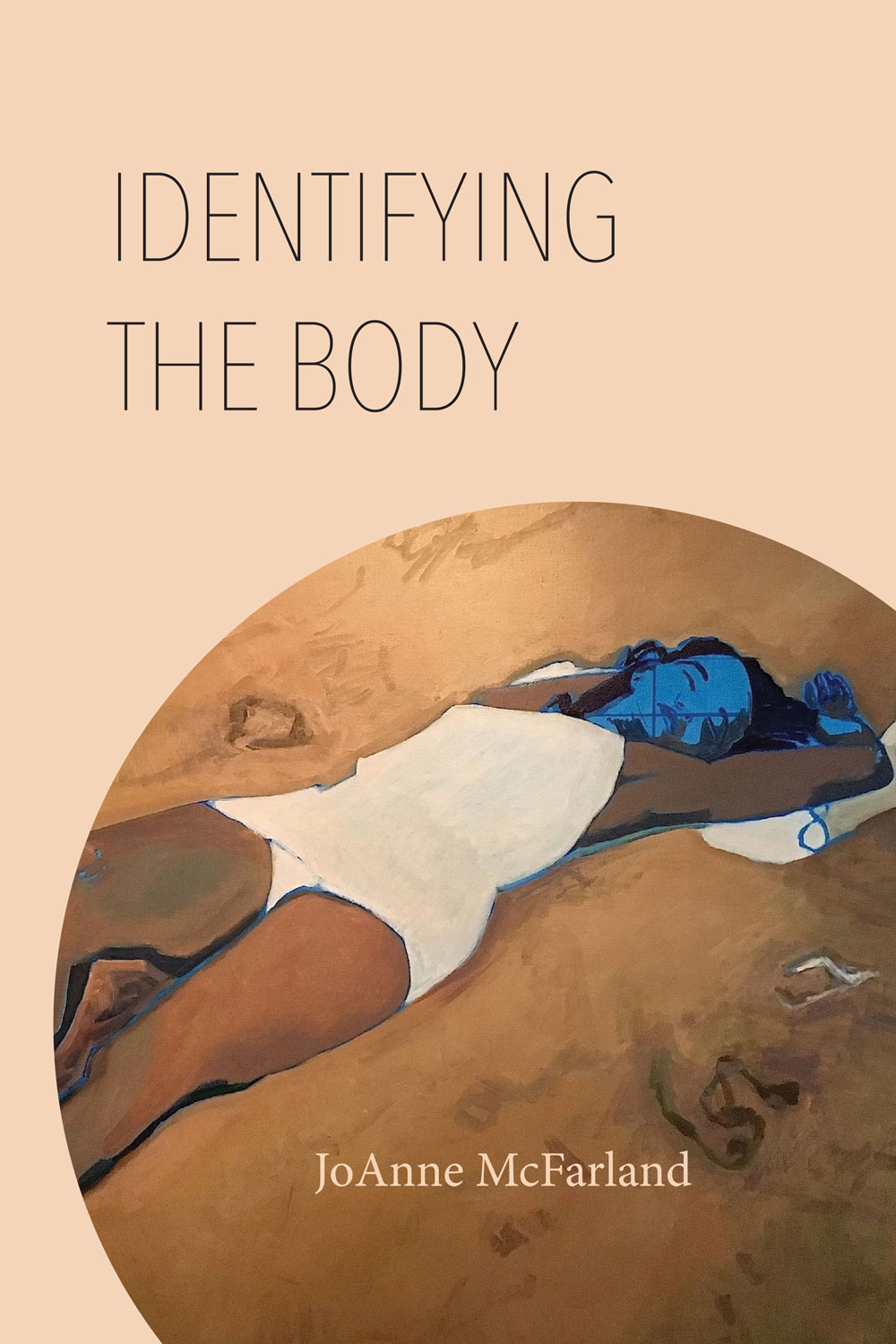
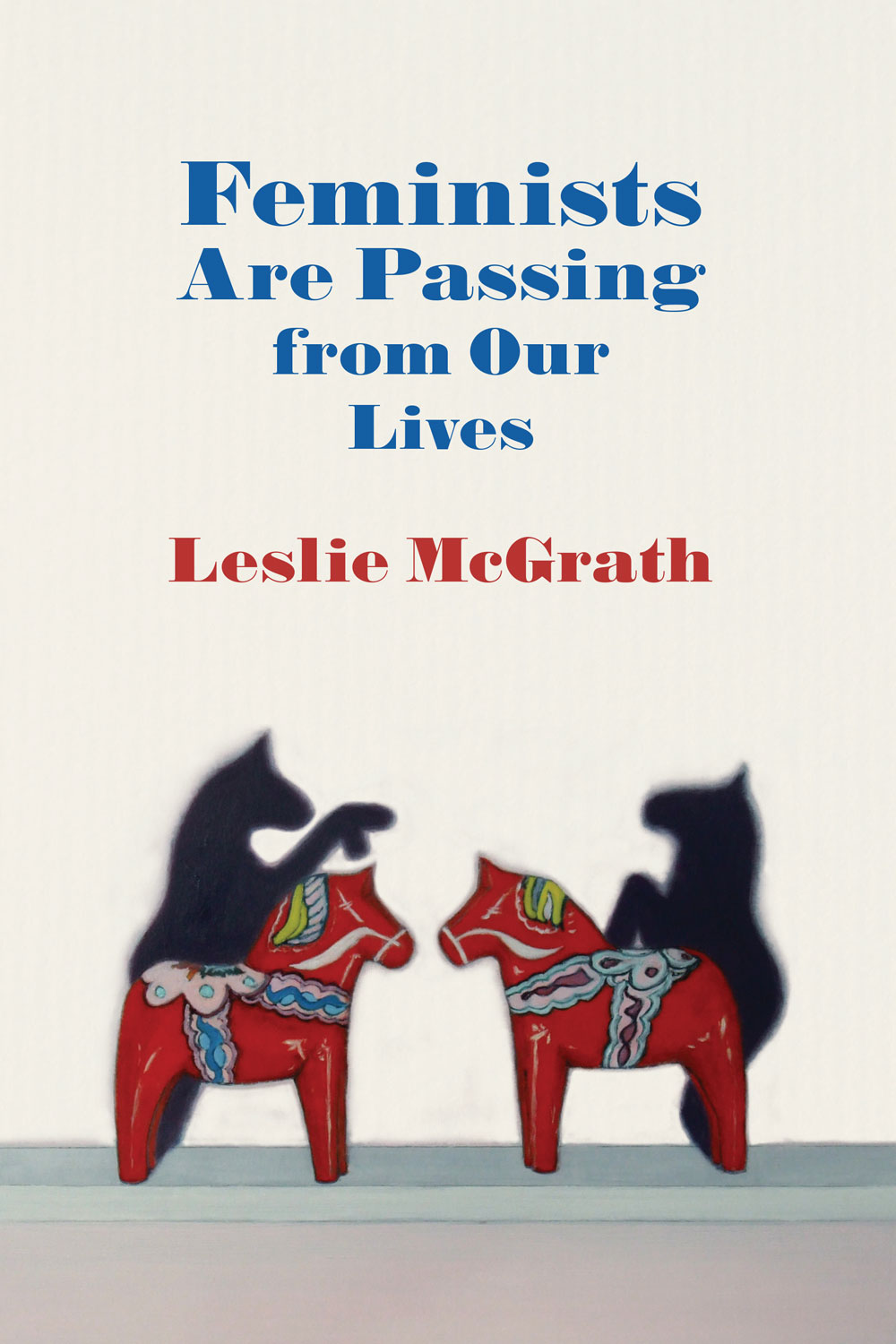
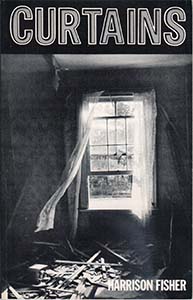
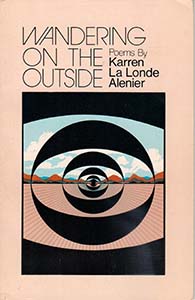
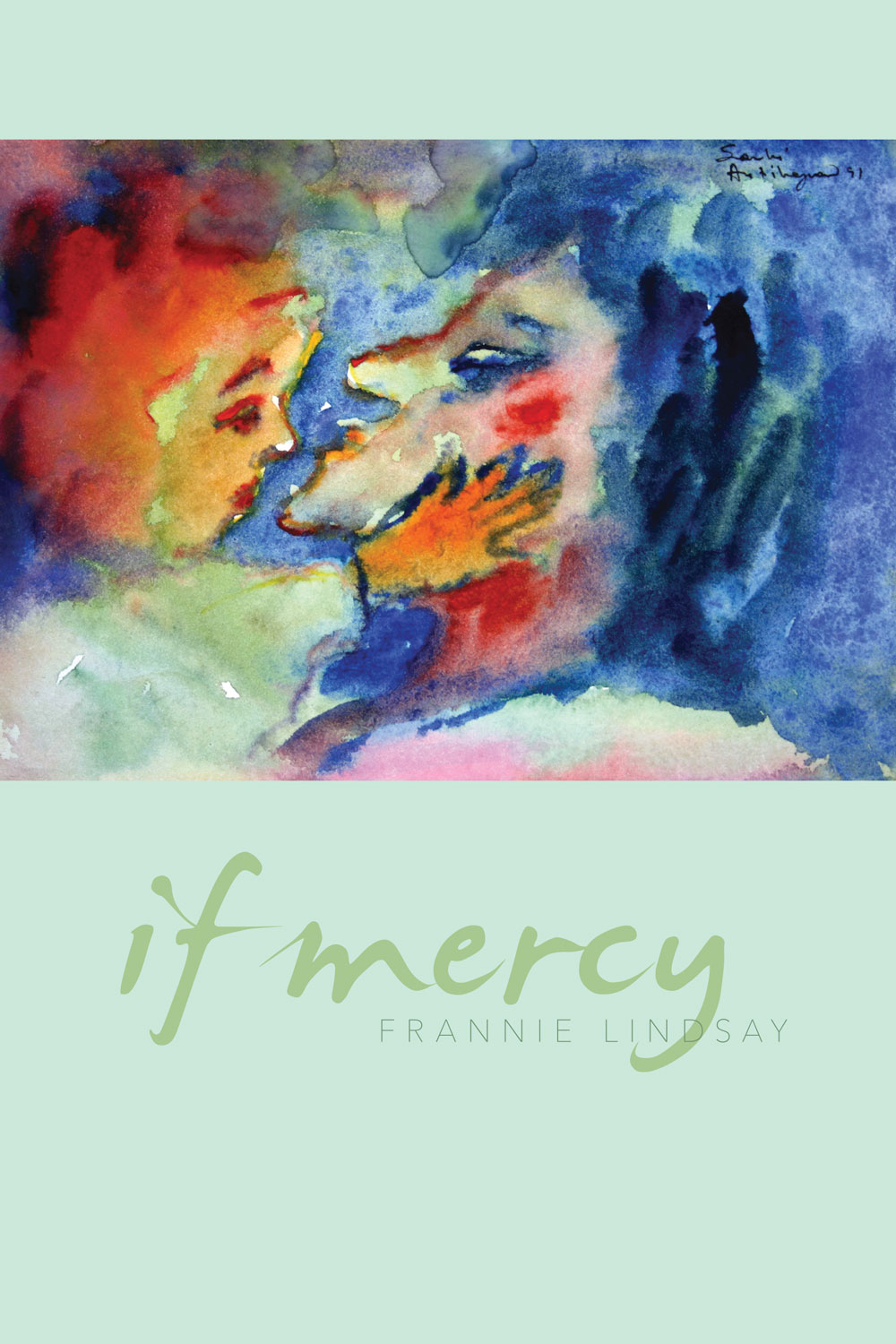
Reviews
There are no reviews yet.